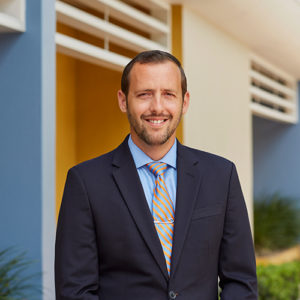It was the best of times; it was the worst of times: was an elderly relative’s revision of their estate planning documents the result of that relative’s wise old age or has age made that relative foolishly give the fruits of their lifetime of labor to a stranger?
Recent estimates show that Florida has four and a half million retirement aged individuals living within the state. Many of these individuals move to Florida from another state and, if their spouse predeceases them, they may be cut off from social and familial networks.
As their age advances, so too may mental infirmities that too often accompany advanced old age. Like buzzards, some dishonest individuals use these diminished family networks and diminished mental capacity to prey upon Florida’s elderly population. Unfortunately, sometimes it is nearly impossible to prevent these dishonest individuals prior to an elderly individual’s passing.
Often this leaves the deceased relative’s family simultaneously trying to cope with the passing of their relative and understanding why their relative’s finances were drained or their estate plan altered. Thankfully, Florida has legal mechanisms designed to protect our elderly population’s estate planning intentions.
Two popular legal mechanisms include a claim for Tortious Interference with a Testamentary Expectancy and a claim of Exploitation of an Elderly Individual pursuant to Florida Statute 415.1111. The exact elements of these two claims differ, but courts reviewing claims under each are guided by certain presumptions and factors in determining whether improper conduct occurred.
The most common factors examined are those related to what are called the Carpenter Factors. These factors are often hard to validate until after the loved one has passed and may not be intuitive to family members reviewing their deceased loved one’s affairs.
Luckily, Florida’s courts look at some additional factors that may more easily alert family members and may even alert them to trouble before the passing of their loved one.
- Whether the dishonest individual isolated the deceased family member and disparaged the deceased’s family members;
- Whether there are mental inequalities between the deceased family member and the dishonest individual; and
- Whether changes to the deceased family member’s will or trust provision were reasonable.
By keeping alert for these factors, before and after a family member has passed, loved ones can help protect their older family members from being preyed upon by dishonest individuals. If a loved one has already passed away, having knowledge of these factors ensures enable the deceased’s family members that their loved ones received the tangible fruits of a lifetime of labor. Even if it takes legal intervention to achieve that result.
For more information, contact litigation attorney Daniel VanEtten at (941) 748-0100 or dvanetten@blalockwalters.com.


